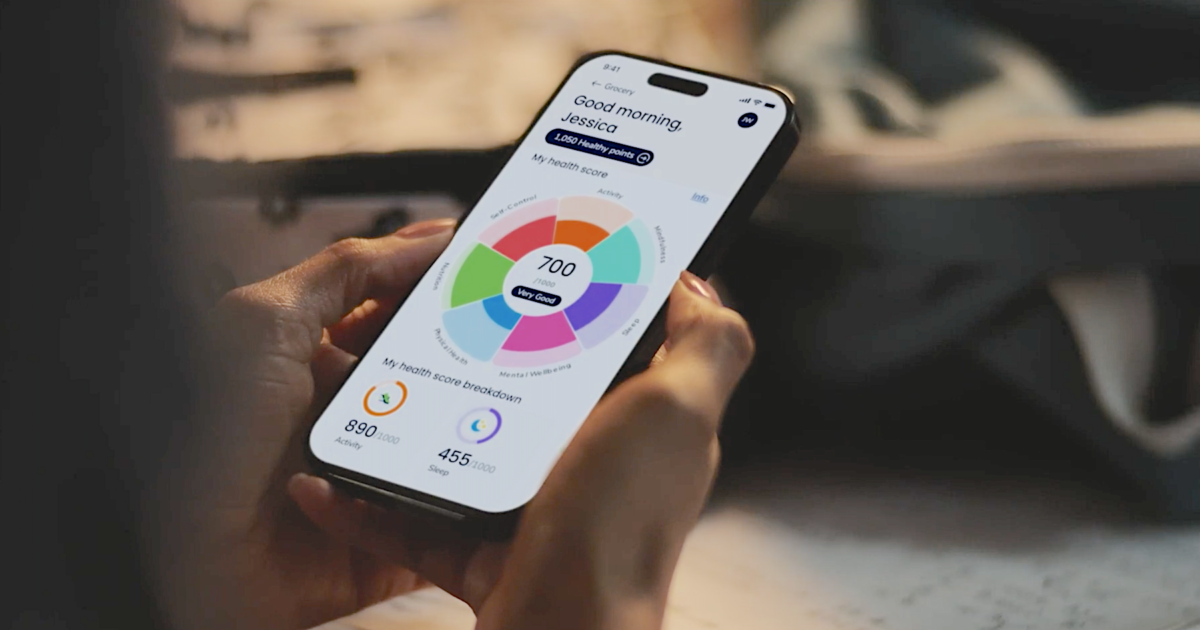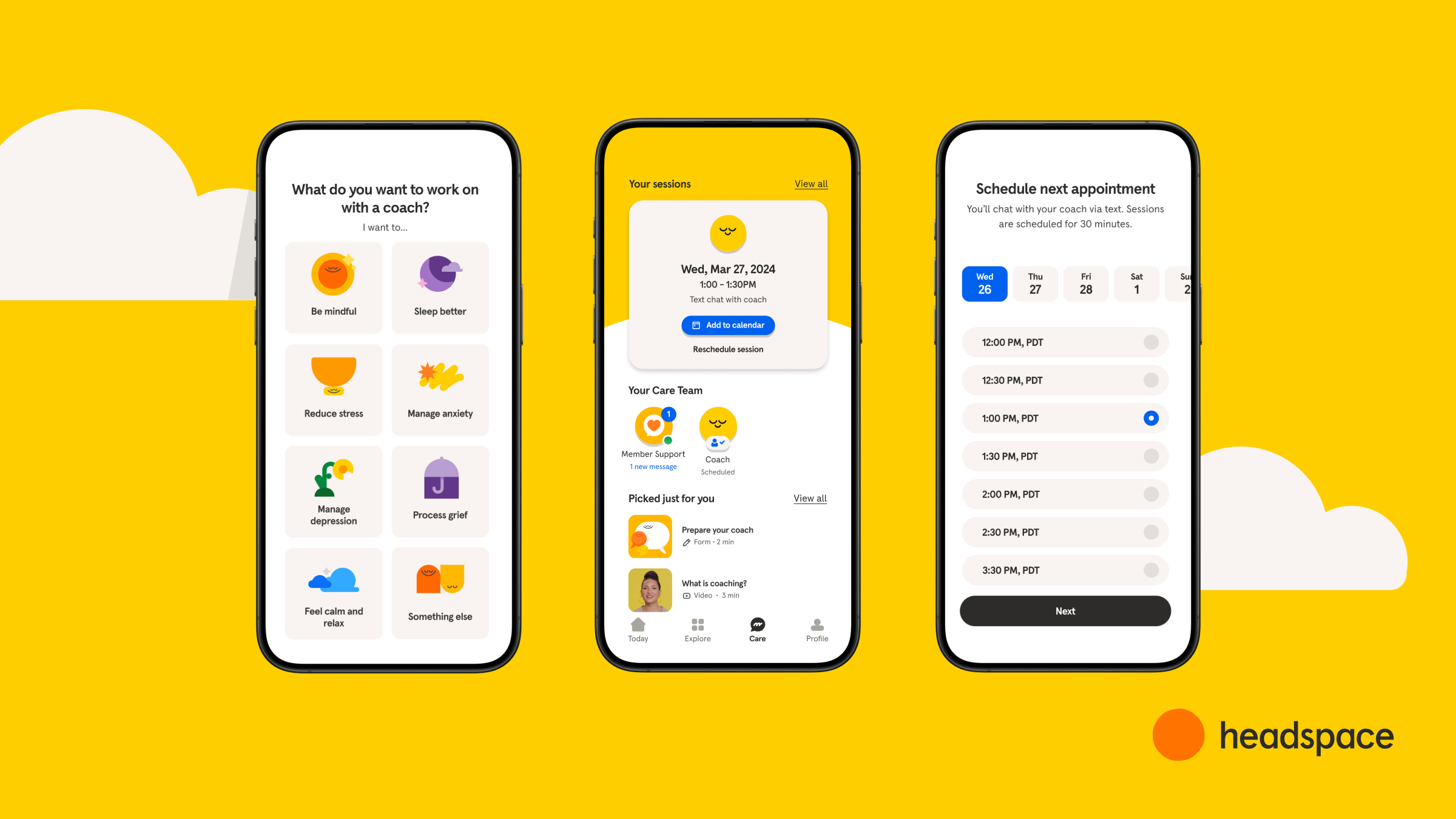As food as medicine takes hold, grocers want to become wellness hubs.
What’s happening: Albertsons Companies, operator of 2.2K supermarkets across the US, launched a digital wellness app called Sincerely Health.
Available to shoppers at 16 of its branches (including Albertsons, Safeway, Acme, Shaw’s, and more), the platform analyzes individual health history and synced biometric data from Apple Health and Google Fit (Fitbit) to deliver a personalized Health Score, with recommendations for food, activity, sleep, and mindfulness.
It also consolidates pharmacy and telehealth services, enabling users to manage medication and appointments.
Health redemption. Pursuing both consumer health and brand loyalty, Albertsons hopes to incentivize positive behaviors by offering in-store rewards for meeting health milestones.
According to Omer Gajial, chief digital officer and EVP Health at Albertsons Cos., personalized experiences are key to overall health:
“We are empowering customers to have a connected and personalized view of their health across food, nutrition, activity, mental well-being and pharmacy services, enabling them to make more informed choices.”
Prescription grocery. Consumers are craving better food choices and could use some help figuring out how to eat — 62% are uncertain what foods are healthy, while 40% are willing to share medical data with grocers to receive custom food recommendations.
Stepping up, grocers like Kroger, Food Lion, Giant, and Stop & Shop are laying the infrastructure for the future of food as medicine.
Outside the aisles, meal kit service Sunbasket partnered with AI-enabled nutrition platform EatLove for scalable food-as-medicine prescriptions, while Season Health is opening food-as-medicine community kitchens with prepared meal provider Territory Foods.
Looking ahead: Distrust in traditional institutions like healthcare, Big Food, and Big Pharma is rapidly growing. Meanwhile, grocers consistently rank among Americans’ most reputable companies. With consumer loyalty, expanding health ecosystems, and sway with food suppliers to regulate prices, grocers’ impact on (and responsibility for) public health will only grow.
 Albertsons
Albertsons


